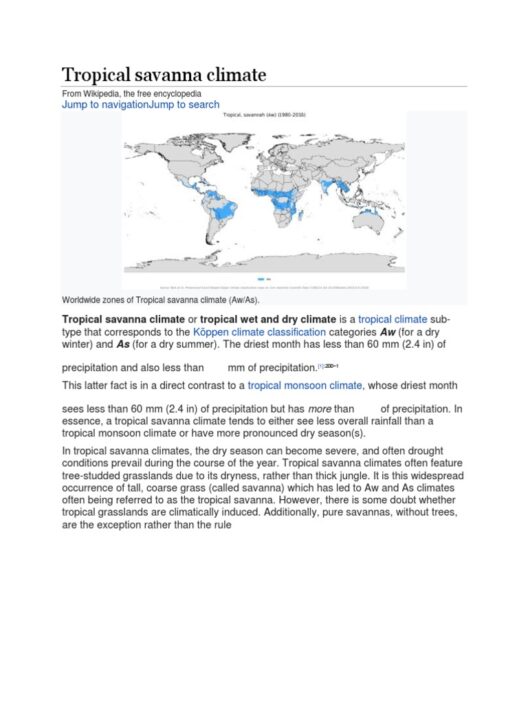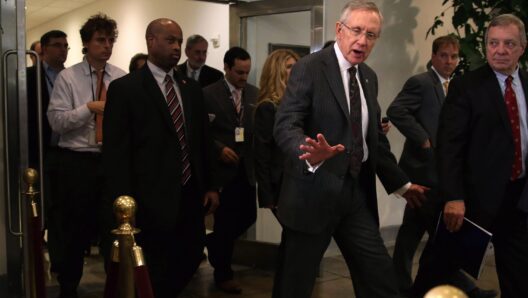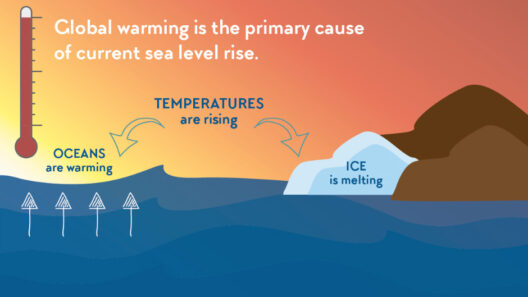Climate change is not an abstract concept relegated to future generations; its impacts are cascading into our present reality with alarming speed. The manifestations of climate change, once thought to be distant threats, are burgeoning before our eyes, affecting ecosystems, economies, and everyday life. This expeditious alteration of our planet compels us to examine its implications more critically. It challenges us to alter our perceptions and strive for a more sustainable existence. Let us delve into the multifarious impacts of climate change, underscoring why it is closer than we might assume.
At the forefront of climate change’s consequences is the escalation of global temperatures. This phenomenon heralds a plethora of perilous manifestations, ranging from the intensification of extreme weather events to the alarming rise in sea levels. The Intergovernmental Panel on Climate Change (IPCC) warns that, unless aggressive action is taken, the Earth’s average surface temperature could increase by approximately 1.5 degrees Celsius as early as the 2030s. Such a temperature spike can trigger catastrophic consequences—think of the frequency and severity of hurricanes, droughts, and floods surging like an insatiable tide.
Extreme weather events are, of course, just the tip of the proverbial iceberg. Ecosystems that were once vibrant hubs of biodiversity are now grappling with the stigma of existential threat. Coral reefs, the ocean’s most biodiverse ecosystems, are succumbing to bleaching events caused by rising water temperatures. These underwater veritable cities, home to thousands of marine species, are not merely beautiful phenomena; they are integral to human food security and coastal protection. The loss of coral reefs can lead to diminished fish stocks, endangering the livelihoods of millions who depend on fishing.
The terrestrial environments are equally vulnerable. Shifting climatic conditions disrupt the delicate balance of many habitats, resulting in the migration or extinction of various species. As temperatures rise and seasonal weather patterns morph, countless flora and fauna find themselves unable to adapt swiftly enough. Iconic species such as the polar bear face the stark reality of diminishing ice habitats, illustrating the perilous plight of wildlife in the face of unsustainable human activities. Additionally, the growing encroachment of invasive species further destabilizes these ecosystems, leading to cascading effects on biodiversity and ecosystem services.
Moreover, human health is inexorably entwined with climate change. The rise in temperatures fosters the proliferation of vector-borne diseases, such as malaria and dengue fever. As mosquitoes expand their range into previously inhospitable climates, the threat of outbreaks climbs. Heat-related illnesses are becoming increasingly prevalent, particularly among vulnerable populations like the elderly, children, and those with pre-existing health conditions. The mental health ramifications cannot be overlooked either, as communities affected by climate disasters grapple with trauma, displacement, and uncertainty.
Despite its vast implications, the economic repercussions of climate change often remain understated. The financial deleteriousness includes property damage from natural disasters, loss of agricultural productivity, and increased healthcare costs driven by public health crises. According to studies, the costs associated with climate-related disasters are projected to escalate into the trillions by mid-century. Interruptions to agricultural cycles due to erratic weather patterns jeopardize food security and lead to heightened prices, disproportionately affecting marginalized communities worldwide.
Furthermore, the intricate connection between climate change and social justice cannot be ignored. Vulnerable populations, particularly in developing nations, bear the brunt of climate-induced hardships despite contributing the least to the problem. Access to resources, economic opportunities, and equitable interventions are all diminished in the face of climatic adversities. As sea levels rise and droughts intensify, displacement is often the outcome, creating climate refugees who are forced to abandon their homes and seek sanctuary elsewhere. The resulting social strife can ignite conflicts over dwindling resources, exacerbating existing inequalities.
In addition to these immediate repercussions, climate change eschews a broader philosophical shift regarding our relationship with the planet. It urges us to reconsider our consumption habits, our reliance on fossil fuels, and the unwavering growth paradigm that dominates modern economics. A paradigm shift toward sustainability is not merely an ethical choice; it is an imperative if we are to mitigate the impending crises. Innovations in renewable energy, sustainable agriculture, and circular economies are emerging as pivotal mechanisms that could ameliorate the challenges posed by climate change. Transitioning to a low-carbon economy is not only beneficial for the environment but also presents an opportunity for job creation and technological advancement.
Furthermore, individual actions, though small in scale, collectively burgeon into significant change. The choices made in daily life—be it reducing waste, conserving energy, or advocating for policy change—can ripple through communities and propel broader societal transformations. Engaging in community-led environmental initiatives fosters a sense of agency and empowerment. The combined efforts of individuals can steer governments and corporations toward more sustainable practices, illustrating the powerful synergy between grassroots movements and systemic change.
Ultimately, acknowledging the impacts of climate change as an immediate concern is imperative. By shifting our perspective, we can transform fear and apathy into action and innovation. The time for dialogue is now, and we must champion collective responsibility. Climate change is not a distant dilemma; it is a pressing reality that demands a unified response. As we navigate this complex terrain, curiosity and a willingness to adapt will be essential components of our resilience. Only through concerted efforts can we hope to safeguard the planetary legacy we pass on to future generations while nurturing the hope for a more sustainable and equitable world.







